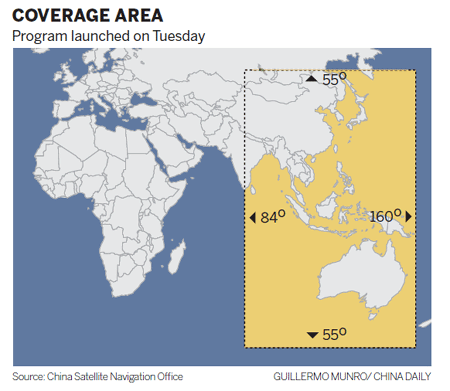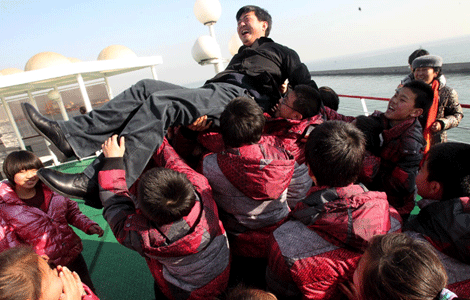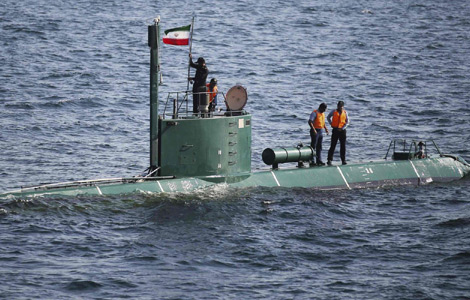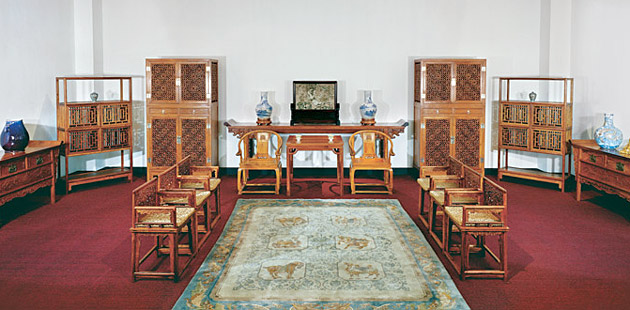|
|||||||||||
"Countries build their own systems because owning an independent satellite navigation system is important to economic development and national security," said Pang Zhihao, deputy editor-in-chief of the monthly publication Space International.
There have long been concerns that the US might take its dominant GPS offline in certain international emergencies.
Ran said that the Beidou system will be "helpful" to national defense.
An "independent and controllable" satellite navigation system can guarantee national economic development as well as scientific and industrial strength, he said.
China started to reduce its reliance on the GPS in 2000, when it sent an experimental pair of positioning satellites into orbit.
But Ran stressed that Beidou is "built for the world", as the compatibility of various systems enhances reliability for users.
|
 |
"If you only use GPS there will be blind spots. But from demonstrations I saw recently, receivers that are compatible with Beidou will overcome these problems," he said.
He encouraged enterprises at home and abroad to join the research and development of application terminals compatible with Beidou.
The office put a test version of the system's Interface Control Document online on Tuesday, which is a technical document vital for the manufacturing and development of receivers and chips.
The prospects for the country's satellite navigation industry look bright, experts said.
Analysts estimated that around 2020 the industry's output will reach $500 billion globally, including 400 billion yuan ($63 billion) to 500 billion yuan from China.
According to the 2011 Report on Application of Geosaptial Information in China released on Monday, the number of satellite navigation application terminals in China has grown from less than 100,000 in 2000 to more than 10 million in 2009. The number is expected to reach 340 million by 2015.
An insider said a compatible receiver for car use costs 1,600 yuan to 3,000 yuan, higher than a GPS receiver.
"Chips supporting both GPS and Beidou systems have been developed, and terminals have been produced. There are no technical hurdles for the industry," said Han Shaowei, CEO of Beijing-based Unicore Communications Inc, a major navigation chip and core component provider.
Beidou application terminals have been put into use in vehicles, such as government cars in Guangdong province.
Ran said that private terminal makers in Guangdong are testing their receivers on the road, and the products seem stable.
"The price of the compatible terminals is expected to be slashed next year," he said.
Hot Topics
HIV/AIDS, Egypt protest, Thanksgiving, climate change, global economic recovery, home prices, high-speed railways, school bus safety, Libya situation, Weekly photos
Editor's Picks

|

|

|

|

|

|







